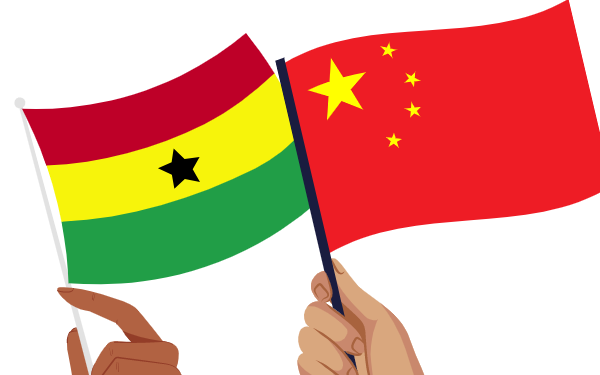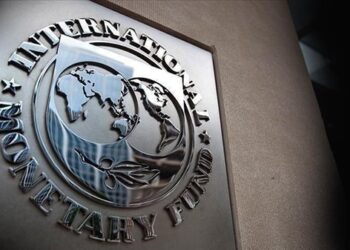The International Monetary Fund (IMF) has provided detailed information regarding how Ghana’s four loans, secured by collateral, from China have exposed the country to potential loss of revenue from its mineral resources and electricity sales in the future.
Ghana has relied on Chinese loans as a consistent source of funding for significant projects since the year 2000. Over a span of twenty years, Accra has accumulated nearly $5 billion from at least 41 loans obtained from China.
After years of extensive borrowing, Ghana finds itself trapped in debt and grappling with its most severe economic crisis in many years. The country’s current external debt portfolio surpasses $30 billion.
This loan agreement means in the event Ghana defaults on honouring its debt obligation, China has the right to use proceeds from Ghana’s oil, cocoa, bauxite or even the sales from electricity to settle the debt.
In many debt negotiations involving developing nations, China seems to hold the most significant position at the negotiation table. Despite being the world’s largest bilateral lender, China maintains a lack of transparency regarding its lending policies and its approach to renegotiating with financially distressed borrowers.
According to the World Bank, the planet’s poorest countries faced $35 billion in debt-service payments to official and private sector creditors in 2022, of which 40% was due to China alone.
ABC News’ checks show the West Africa nation has contracted at least 8 collateralized loans from China with different mineral resources as security against default. As at the end of 2022, Ghana owed China $1.9 billion out of which $619 million were collateralized loans.
According to the Fund, Ghana’s collateralized debt as of the end of 2022, was entirely held by China, this corresponds to four loan agreements signed in 2007-18 that amount to US$619 million to finance infrastructure projects. These loans are collateralized against commodity production (cocoa, bauxite and oil) and electricity sales.
“Collateralized debt is any contracted or guaranteed debt that gives the creditor the rights over an asset or revenue stream that would allow it, if the borrower defaults on its payment obligations, to rely on the asset or revenue stream to secure repayment of the debt” the IMF stated.
The IMF has stressed that “statutory funds will not be allowed to collateralize revenue streams and issue debt. No objection certificates will not be issued to any statutory fund by the governing authority in this regard.”
The Fund has also requested that government provides corresponding loans/ derivatives for all encumbered assets used as collaterals.

































